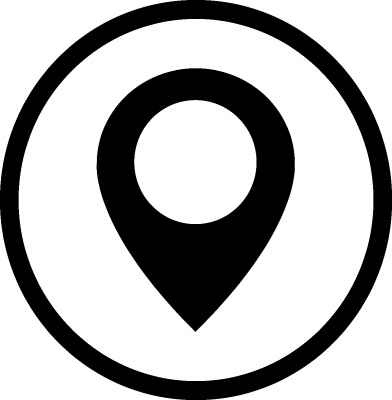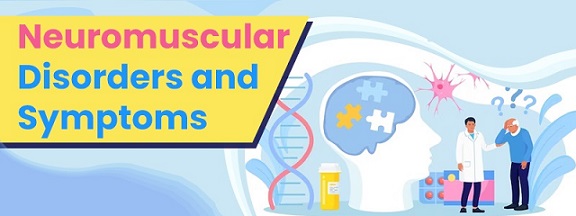- 18-Sep-23
Neuromuscular disorders are a group of medical conditions that affect the nervous system and muscles, disrupting their normal function and coordination. These disorders can encompass a wide range of conditions, all characterized by problems in the communication between the nerves and muscles. Here are some key aspects of neuromuscular disorders:
- Nervous System Involvement: These disorders involve issues with the nervous system, which includes the brain, spinal cord, and peripheral nerves. The nervous system controls muscle movement and coordination.
- Muscular Involvement: Neuromuscular disorders also affect the muscles themselves. This can result in muscle weakness, wasting (atrophy), spasms, or other abnormal muscle functions.
- Diversity of Conditions: Neuromuscular disorders are not a single disease but a diverse group of conditions. They can be caused by genetic mutations, autoimmune responses, infections, or other factors.
- Categories of Disorders: These disorders are often categorized based on which part of the neuromuscular system is primarily affected. Categories include motor neuron disorders (e.g., ALS), peripheral nerve disorders (e.g., Guillain-Barré syndrome), neuromuscular junction disorders (e.g., myasthenia gravis), and muscle disorders (e.g., muscular dystrophy).
Neuromuscular Disorders Symptoms:
The symptoms of neuromuscular disorders can vary widely depending on the specific type of disorder and its severity. However, there are some common symptoms that individuals with these conditions may experience. Here are some of the typical symptoms associated with neuromuscular disorders:
- Muscle Weakness: Muscle weakness is a hallmark symptom of many neuromuscular disorders. It can affect various muscle groups and can range from mild to severe.
- Muscle Wasting (Atrophy): Over time, muscle wasting or atrophy may occur, causing a decrease in muscle size and strength.
- Muscle Twitching and Cramping: Involuntary muscle contractions, twitching, and cramps are common in neuromuscular disorders and can be uncomfortable or painful.
- Fatigue: Muscle weakness and inefficiency can lead to fatigue, making it difficult to perform everyday activities.
- Difficulty with Mobility: Many individuals with neuromuscular disorders may experience difficulty walking, climbing stairs, or performing other physical tasks due to muscle weakness and poor coordination.
- Balance and Coordination Problems: Some disorders can affect balance and coordination, leading to an increased risk of falls.
- Respiratory Issues: In more severe cases, neuromuscular disorders can impact the muscles responsible for breathing, leading to respiratory difficulties.
- Swallowing Problems: Certain neuromuscular disorders can affect the muscles involved in swallowing, leading to difficulties with eating and drinking.
- Speech Difficulties: Muscle weakness in the face and throat can result in speech problems such as slurred speech.
- Pain: Some individuals with neuromuscular disorders may experience muscle or joint pain, often due to the strain on weakened muscles.
- Progressive Symptoms: In many cases, neuromuscular disorders are progressive, meaning that symptoms worsen over time.
- Specific Symptoms by Disorder: Different neuromuscular disorders have unique symptoms. For example, amyotrophic lateral sclerosis (ALS) typically presents with muscle weakness and atrophy, while myasthenia gravis often causes muscle weakness that improves with rest.
It's important to note that the severity and progression of symptoms can vary greatly from person to person, even among individuals with the same type of neuromuscular disorder. Diagnosis and management often require specialized medical evaluation and care tailored to each individual's specific condition.
Integrated Medical Care Hospital (IMC Hospital):
IMC Hospital is one of the most renowned and talked about medical facilities in Pakistan. The senior, capable, and experienced medical professionals at the IMC Hospital may now benefit from their years of experience working in some of the most prestigious and well-known medical institutions in the world because they are all under one roof. Get in touch with Integrated Medical Care Hospital (IMC Hospital) to schedule a consultation.

 Map
Map










